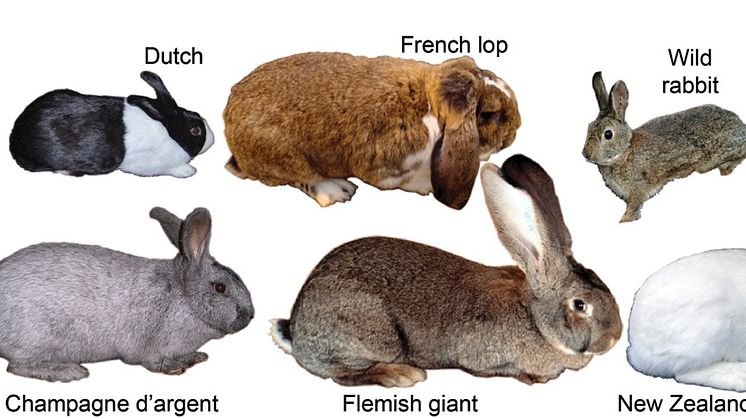Important study of how climate affects biodiversity
A key question in the climate debate is how the occurrence and distribution of species is affected by climate change. But without information about natural variation in species abundance it is hard to answer. In a major study, published today in the leading scientific journal Current Biology, researchers can now for the first time give us a detailed picture of natural variation.
